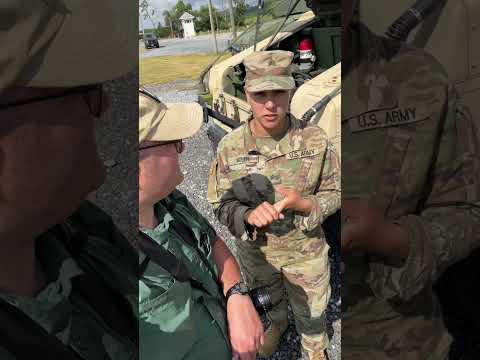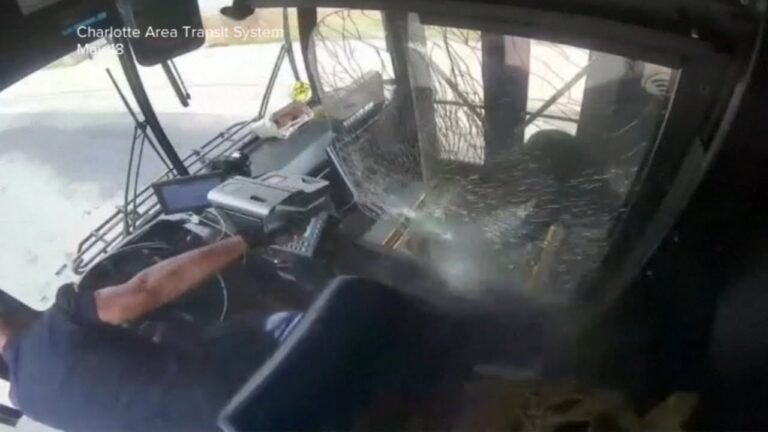Military Police: Job Description & Salary
The Military Police are responsible for maintaining law and order within the military community. They enforce military regulations and ensure the safety and security of military personnel, facilities, and equipment. Military Police officers are trained in both combat and law enforcement techniques, making them versatile in various situations. Their job description includes patrolling military installations, conducting investigations, and apprehending individuals who violate military laws. They also provide traffic control, crowd management, and security for high-ranking officials and military events. Military Police officers may collaborate with local law enforcement agencies on joint operations and assist in disaster response efforts. Military Police Salary
The salary of Military Police personnel varies based on rank and experience. Entry-level military police officers typically earn a base salary, which increases as they advance in rank. In addition to the base pay, Military Police officers may also receive bonuses and allowances for specialized skills or assignments. According to the United States Bureau of Labor Statistics, the median annual wage for military police and detectives in 2020 was $63,380. However, it’s important to note that Military Police salaries can vary depending on factors such as location, military branch, and time in service. Overall, a career as a Military Police officer offers not only a sense of duty and service but also competitive compensation and opportunities for advancement within the military ranks.

Military Police Job Description Template
Military Police, also known as MP, is a specialized branch within the military that is responsible for maintaining discipline, law, and order within the armed forces. Their main goal is to ensure the safety and security of military personnel, facilities, and operations. The primary duties of Military Police personnel include enforcing military laws and regulations, conducting patrols, and providing security for military installations and convoys. They are trained to respond quickly and effectively to emergencies, such as terrorist attacks or natural disasters, where they may be required to provide crowd control, investigate crimes, or even engage in combat. Additionally, Military Police are responsible for ensuring the welfare of military personnel. This involves conducting welfare checks, providing counseling services, and assisting with various administrative tasks. They also play a crucial role in the prevention and investigation of crimes, both within the military community and in collaboration with civilian law enforcement agencies. To become a Military Police officer, individuals must undergo rigorous training that includes physical fitness, combat tactics, and law enforcement techniques. They must possess excellent communication and problem-solving skills, as they frequently interact with military personnel, civilians, and law enforcement agencies. In conclusion, Military Police have a vital role in maintaining discipline, law, and order within the military. Their dedication to duty and commitment to protecting military personnel and assets make them an essential component of any military force.Military Police Responsibilities
Military Police Requirements
How Much Does A Military Police Make?
Military Police Salary
| Rank | Salary Range |
|---|---|
| Private | $20,000 – $25,000 |
| Corporal | $25,000 – $30,000 |
| Sergeant | $30,000 – $35,000 |
| Staff Sergeant | $35,000 – $40,000 |
| Warrant Officer | $40,000 – $45,000 |
| Lieutenant | $45,000 – $50,000 |
| Captain | $50,000 – $60,000 |
Military Police officers are responsible for maintaining law and order within the military. The salary of a Military Police officer varies based on their rank. The table above provides a general idea of the salary ranges for different ranks within the Military Police. It’s important to note that these figures can vary depending on factors such as experience, location, and additional benefits.
Military Police Salaries by Country
Top Paying Countries for Military Police
| Country | Salary (in USD) |
|---|---|
| United States | 60,000 |
| Canada | 50,000 |
| Australia | 45,000 |
| United Kingdom | 40,000 |
| Germany | 38,000 |
In the military police sector, the salaries offered to personnel vary significantly between countries. The table above showcases the top paying countries for military police based on average annual salaries. The United States stands out as the leading country, offering an average salary of $60,000. Following closely is Canada with an average salary of $50,000. Australia, United Kingdom, and Germany complete the list with salaries ranging from $40,000 to $45,000. These figures reflect the importance given to military police forces in these countries and the level of expertise and responsibility required for the role.
A video on the topic Military Police
Video Source : Ryan McBethInterview Questions for Military Police
1. What is the role of Military Police in the armed forces?
Military Police (MP) are responsible for enforcing laws and regulations within the military, maintaining order and discipline, and ensuring the safety and security of military personnel and property.
2. What are the primary duties of Military Police officers?
The primary duties of Military Police officers include conducting patrols, providing law enforcement and security services, investigating crimes and incidents, managing traffic and crowd control, and supporting the overall mission of the military.
3. What qualifications are required to become a Military Police officer?
To become a Military Police officer, individuals must meet specific requirements, including being a U.S. citizen, passing a background check, completing basic training, and successfully completing Military Police training.
4. Can you describe the training process for Military Police officers?
Military Police officers undergo rigorous training, which includes both classroom instruction and hands-on practical exercises. The training covers areas such as law enforcement techniques, investigations, self-defense, weapons handling, and military regulations.
5. What challenges do Military Police officers face in their daily work?
Military Police officers face various challenges in their daily work, including dealing with high-stress situations, enforcing military discipline, managing conflicts, maintaining physical fitness, and adapting to changing security threats.
6. How do Military Police officers contribute to the overall mission of the armed forces?
Military Police officers contribute to the overall mission of the armed forces by providing a safe and secure environment for military personnel to carry out their duties. They ensure order and discipline, protect military assets, and support operational readiness.
7. What are some specialized roles within the Military Police branch?
Some specialized roles within the Military Police branch include K-9 handlers, criminal investigators, traffic accident investigators, military corrections officers, and personal security detail personnel.
8. How do Military Police officers interact with civilian law enforcement agencies?
Military Police officers often work closely with civilian law enforcement agencies, especially when dealing with cases that involve both military and civilian jurisdictions. They collaborate on investigations, share information, and provide mutual support when necessary.
9. What are the career advancement opportunities for Military Police officers?
Military Police officers have various career advancement opportunities within the military, including promotion to higher ranks, specialized training in specific areas, and opportunities to take on leadership roles within the Military Police branch.
10. How does the role of Military Police differ in combat zones compared to non-combat zones?
In combat zones, Military Police officers are responsible for providing law enforcement, security, and protection services in high-risk and hostile environments. In non-combat zones, their focus is more on maintaining discipline, enforcing regulations, and ensuring the safety of military personnel and property.






